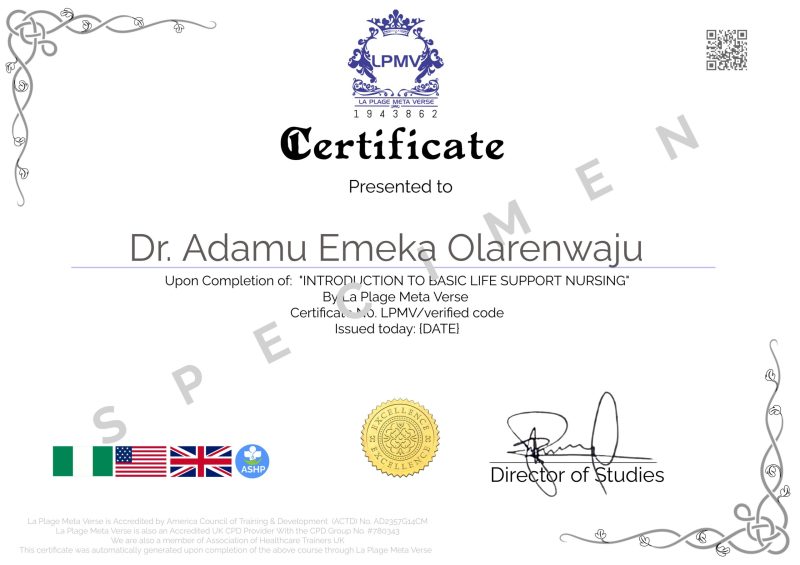
Course Description: In today’s dynamic and fast-paced business environment, traditional project management approaches often fall short in delivering successful outcomes. This comprehensive course on Agile and Scrum Project Management is designed to equip participants with the skills and knowledge needed to excel in managing projects using Agile methodologies, with a particular focus on the Scrum framework.
Throughout this engaging and interactive course, participants will explore the principles, practices, and benefits of Agile project management, learning how to adapt to changing requirements, enhance team collaboration, and consistently deliver value to stakeholders. The Scrum framework will serve as a foundational pillar, enabling participants to understand and implement key Scrum roles, ceremonies, and artifacts.
what you will learn
- The fundamental principles and values of Agile methodologies and how they differ from traditional project management approaches.
- The core concepts of the Scrum framework, including its roles (Product Owner, Scrum Master, Development Team), ceremonies (Sprint Planning, Daily Standup, Sprint Review, Sprint Retrospective), and artifacts (Product Backlog, Sprint Backlog, Increment).
- Techniques for effective project initiation in Agile, such as defining product vision, creating a prioritized product backlog, and establishing clear project scope.
- Strategies for planning and executing Sprints, including creating Sprint goals, managing the Sprint Backlog, and fostering collaboration within the Development Team.
- The importance of adaptability and continuous improvement in Agile projects, leveraging Sprint Retrospectives to identify areas for enhancement.
- Key Agile metrics and reporting methods to track project progress, enhance transparency, and support decision-making.
- Techniques for scaling Agile practices across larger teams and organizations, exploring frameworks like Scrum of Scrums and SAFe.
- Leadership and cultural aspects of Agile, including promoting self-organizing teams, facilitating effective communication, and nurturing an environment of continuous learning.
- Real-world case studies and success stories of organizations that have successfully implemented Agile and Scrum methodologies.
- Practical skills for managing change, handling uncertainties, and responding to evolving customer needs in Agile projects.
- Strategies for optimizing team collaboration, resolving conflicts, and enhancing productivity in an Agile context.
- The benefits of iterative and incremental development, and how it contributes to delivering value to stakeholders more frequently.
- Techniques for effective backlog management, user story creation, and prioritization to align with customer needs and project goals.
- Best practices for conducting effective Daily Standup meetings, Sprint Reviews, and Sprint Retrospectives to maximize team efficiency and value delivery.
- Tools and software commonly used in Agile and Scrum project management, such as task boards, burndown charts, and collaborative platforms.
By the end of the course, participants will have a comprehensive understanding of Agile and Scrum methodologies, enabling them to lead and contribute to projects with greater flexibility, transparency, and responsiveness to customer and market demands.
Who should learn
Agile and Scrum management is beneficial for a wide range of professionals and roles, including:
- Project Managers seeking to enhance their project delivery approach and adapt to changing requirements.
- Team Leads and Supervisors aiming to foster collaboration, improve team performance, and deliver value more efficiently.
- Product Owners responsible for defining product vision, managing the backlog, and ensuring customer satisfaction.
- Developers and Engineers looking to work in an environment that promotes self-organization, continuous improvement, and timely delivery.
- Quality Assurance and Testing professionals interested in integrating testing practices within Agile iterations.
- Business Analysts involved in requirement gathering, user story creation, and effective communication with development teams.
- Executives and Leaders responsible for guiding organizational transformation and implementing Agile practices at scale.
- Scrum Masters dedicated to facilitating Scrum ceremonies, resolving impediments, and supporting team productivity.
- Cross-functional Teams working on complex projects that benefit from iterative development and close customer collaboration.
- Consultants and Change Agents helping organizations transition to Agile methodologies and Scrum practices.
- Product Managers aiming to align product development with customer needs and market trends.
- Marketing and Sales teams looking to adapt their strategies based on iterative feedback and evolving customer demands.
- Start-up Founders seeking a structured approach to manage product development and respond to market changes.
- Any professional interested in improving project management skills, adaptability, and collaboration within their work environment.
Learning Agile and Scrum management can benefit individuals across various industries and roles, as it provides a versatile framework for delivering value, fostering innovation, and enhancing overall project success.
Career Opportunities:
- Scrum Master: Facilitate Scrum practices, guide the team, and ensure adherence to the Scrum framework for successful project delivery.
- Agile Coach: Mentor and train teams, leaders, and organizations in Agile principles and practices to drive continuous improvement.
- Product Owner: Lead product development by defining requirements, managing the backlog, and ensuring alignment with customer needs.
- Agile Project Manager: Apply Agile principles to oversee projects, manage stakeholders, and optimize delivery processes.
- Agile Transformation Lead: Drive organizational change towards Agile methodologies, fostering a culture of collaboration and innovation.
- Scrum Trainer/Educator: Teach Scrum principles, practices, and workshops to teams and professionals seeking Agile knowledge.
- Release Manager: Coordinate and manage the release of software increments, ensuring smooth deployment and customer satisfaction.
- Quality Assurance Lead (Agile): Integrate testing practices into Agile development cycles to ensure product quality and reliability.
- Agile Business Analyst: Collaborate with stakeholders to gather requirements, create user stories, and maintain the product backlog.
- DevOps Engineer: Implement DevOps practices in Agile environments to streamline development, testing, and deployment processes.
- IT Project Manager (Agile): Manage IT projects using Agile methodologies, adapting to changes and delivering value iteratively.
- Scrum of Scrums Facilitator: Oversee coordination and collaboration among multiple Scrum teams working on interconnectivity
Prerequisites
This course does not require participants to have a specific entry requirement.
Course Duration & Online Support
Duration depends on the learner’s ability to cope with the pace and scope of the course. Self-study allows participants to complete the course at their own pace. Support extensions are also available if students fail to do so within that period.
Assessment
To successfully complete the course, students are required to complete various tests and assessments. You may be required to get a link from our Training Provider. Your test will be reviewed and graded by our system. You may attempt only twice.
Get a Completion Certificate.
La Plage Meta Verse is an Accredited CPD Provider. Upon successful completion of the course, students will be able to gain an Accredited Certificate. Share your certificate with prospective employers and your professional network on all social media platforms.

